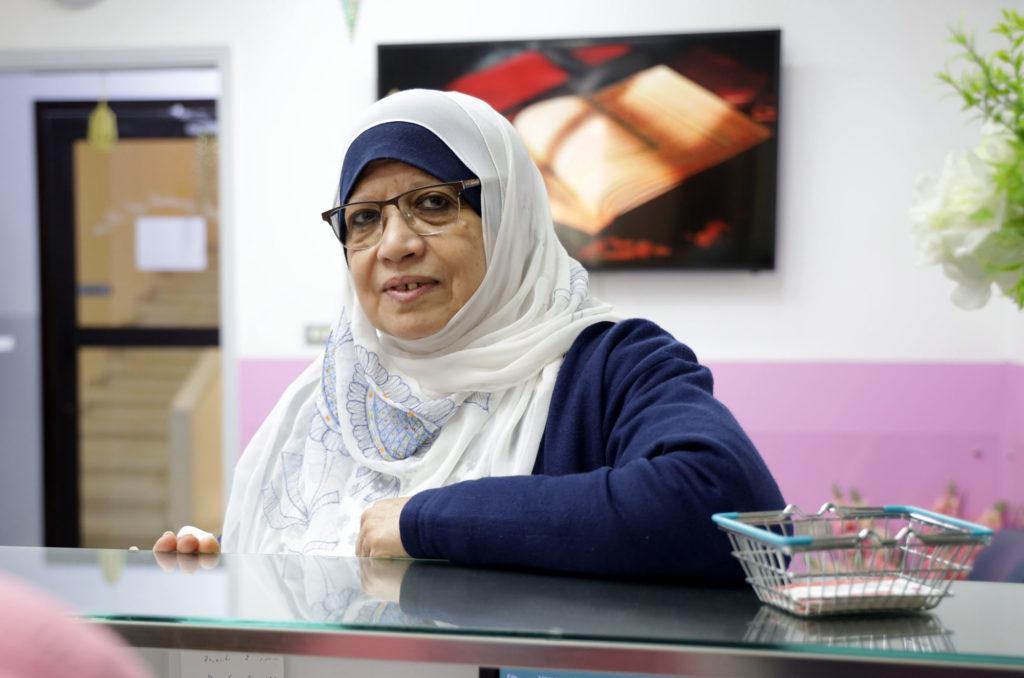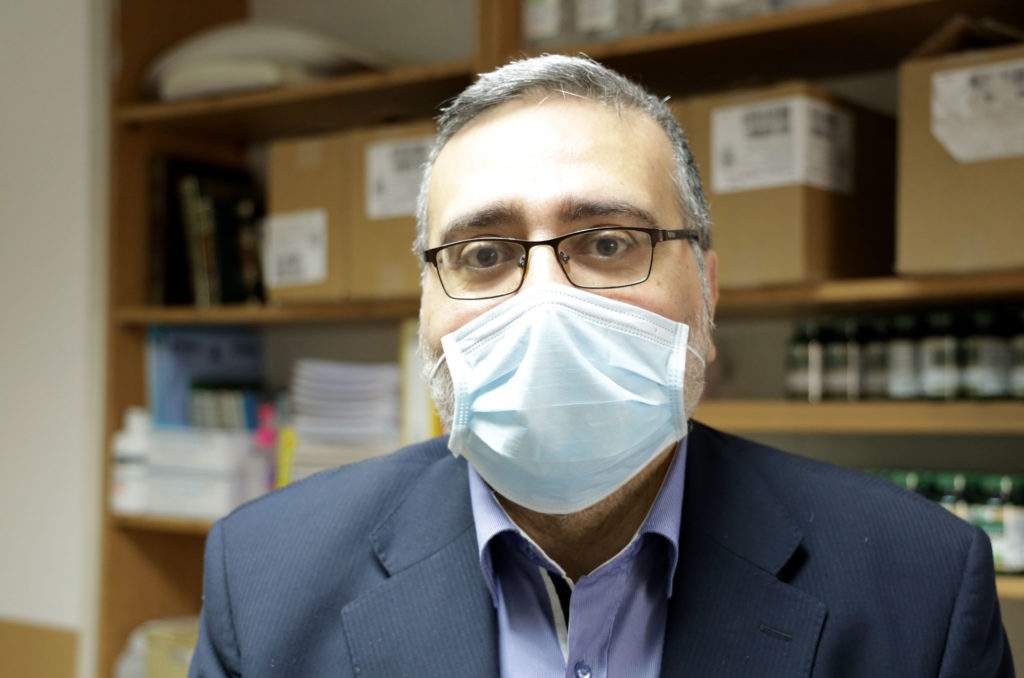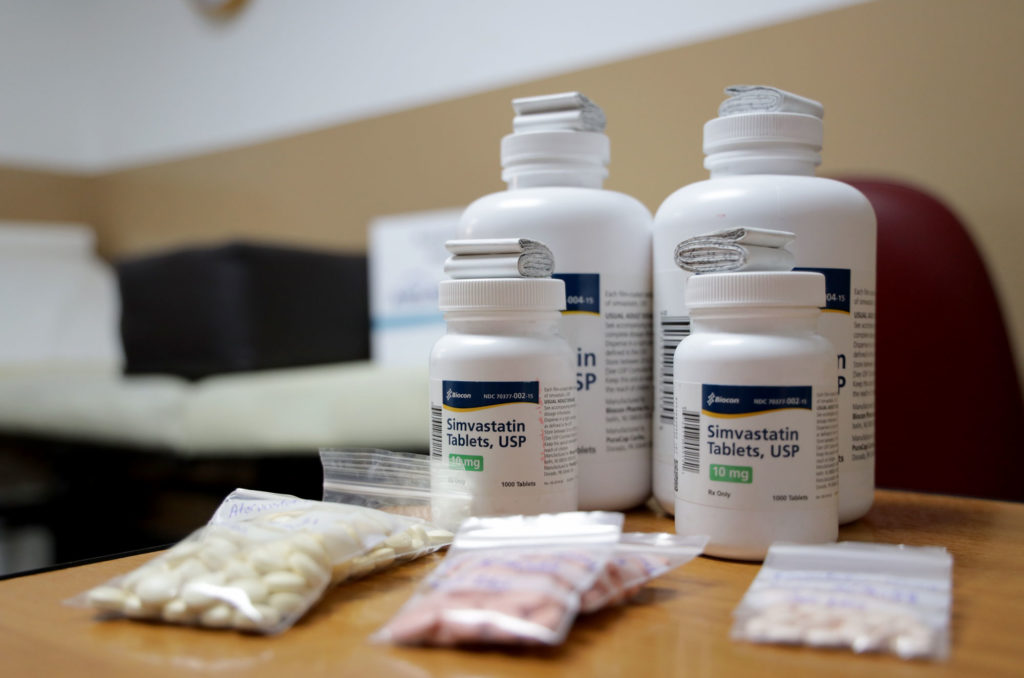Jul, 2021
Medical aid is crucial in Lebanon as the economy collapses
There have been a series of disastrous events in the last couple of years, from protests to economic collapse. The infamous Beirut blast was probably among the most destructive and debilitating in the country’s history. The overall crisis in Lebanon has moved from being a political and financial one to a full-blown catastrophe that has affected infrastructure and the public health sector.
Shadia, a resident of Beirut, says, “The glass from all my windows and balconies shattered during the Beirut blast. Thankfully I was in the mountains when it happened. I still heard the explosion clearly though! This year has been catastrophic and we’ve all been forced to change our lifestyles.”




“Many, including myself, have had to change medical prescriptions because we can’t find the medicine on the market.”


As the Lebanese currency plunges into further collapse, medicine stocks are emptying at pharmacies and healthcare facilities. Many patients have been left without their prescribed medication, and some have no alternative. Others have had to discontinue their treatment and resort to different medicines.
Shadia, who relies upon cholesterol medicine to help her manage her health, says, “Many, including myself, have had to change medical prescriptions because we can’t find the medicine on the market.”
While the Beirut explosion of August 4th, 2020 and the country’s general economic decline have certainly burdened Lebanon’s health sector, another factor is making access to medicine and treatment even more crucial – Lebanon’s deteriorating diet.
A variety of factors have contributed to a shift in the food culture in Lebanon, threatening the traditional Mediterranean diet and exacerbating the current health crisis. Rapid globalization, urbanization, industrial development, and poverty have changed the way people eat and live.
The traditional Mediterranean cuisine of Lebanon is commonly thought of as one of the healthiest diets in the world. Fruits, vegetables, fish, olive oil, and grains provide healthy sources of fats, complex carbohydrates and fibers.


The globalization of food systems and eating habits, however, have led to a shift to the highly processed foods and beverages of western diets.
Lebanon is also highly dependent on food imports, leaving the country extremely vulnerable to global food price shocks. Economic decline has depleted food supplies and increased costs, with prices of many traditional, healthy ingredients increasing by 166% from September 2019 to June 2020. More than 55% of the population lives below the poverty line and sustaining a Mediterranean diet is largely out of their reach.


"God willing, I will regain full health. I feel better already.”
Ahmad Shatila, director of the Ibn Nafis Medical Center, says,
“Everything has increased in price. Most families can’t afford to balance between basic necessities and medical treatment. It becomes a dangerous cycle: people can’t afford healthy lifestyles and so they develop health conditions, which they then have problems paying for.”
A 2011 study indicated that declining adherence to the Mediterranean diet has “detrimental health effects” on populations of the whole region. As a direct result of this decline and a shift towards unhealthy food consumption, scientific researchers have found that Lebanon is now experiencing a rapid increase in rates of diabetes, obesity, cholesterol, and hypertension.
Shatila says, “I recently developed cholesterol, diabetes and hypertension, and was actually shocked when I found out.”
This surge in cases of high cholesterol and its symptoms, combined with the currency collapse, has made the medical situation dire in Lebanon.
Anera has responded to this grave situation by restocking multiple medical storage dispensaries in Lebanon. Americares, a health-focused relief and development organization, has provided Anera with an aid shipment of medical equipment as well as medication.
Shatila says, “The resources we receive from Anera have been so important to us and to our patients. With the worsening financial situation here in Lebanon, many rely on our help during these tough times.”
Anera distributed the donation, which included cholesterol medication and supplies such as syringes, to local health partners and to a number of dispensaries and hospitals. One of the main recipient organizations for this shipment is the Beirut-based Ibn Nafis Medical Center, part of the Association of Islamic Charitable Projects.
Shadia says, “I’ve been taking the medication from Americares. God willing, I will regain full health. I feel better already, but I need to continue the course.”


